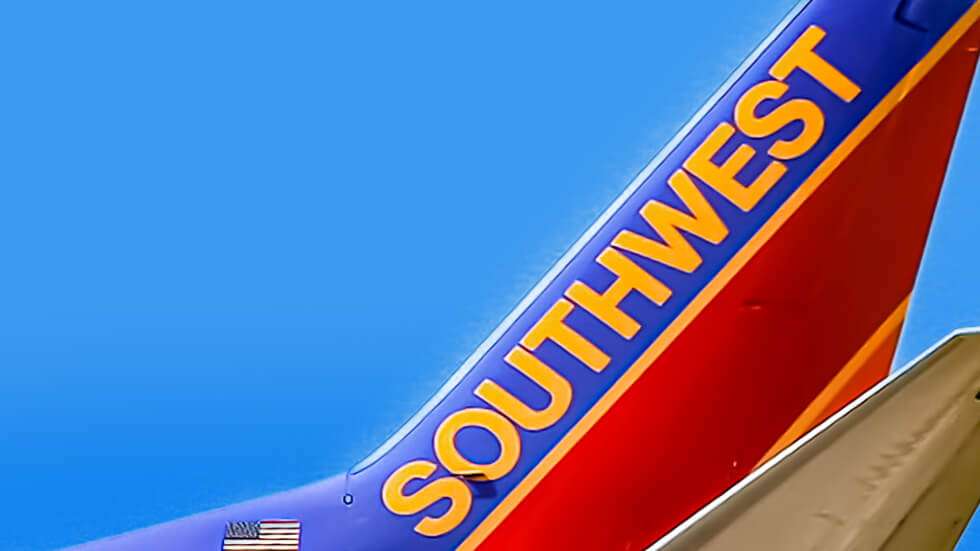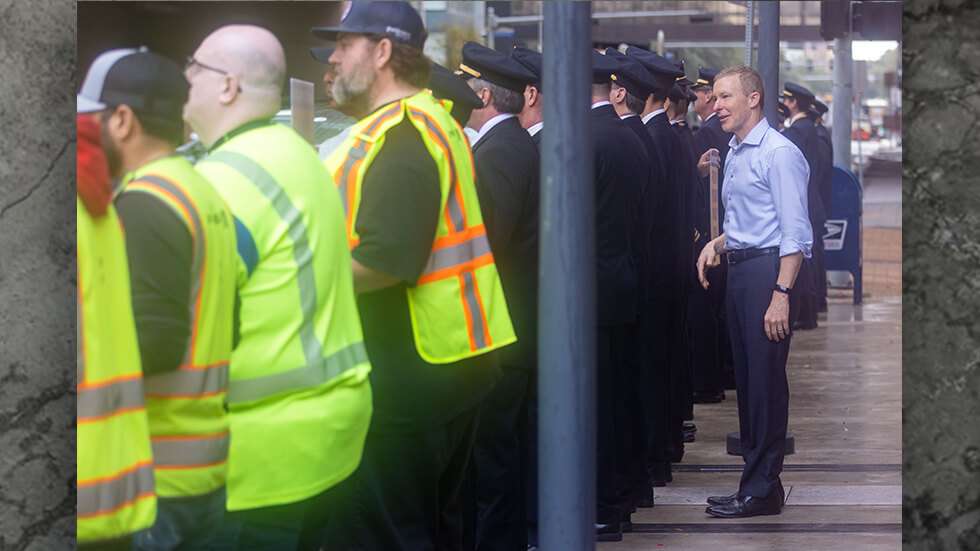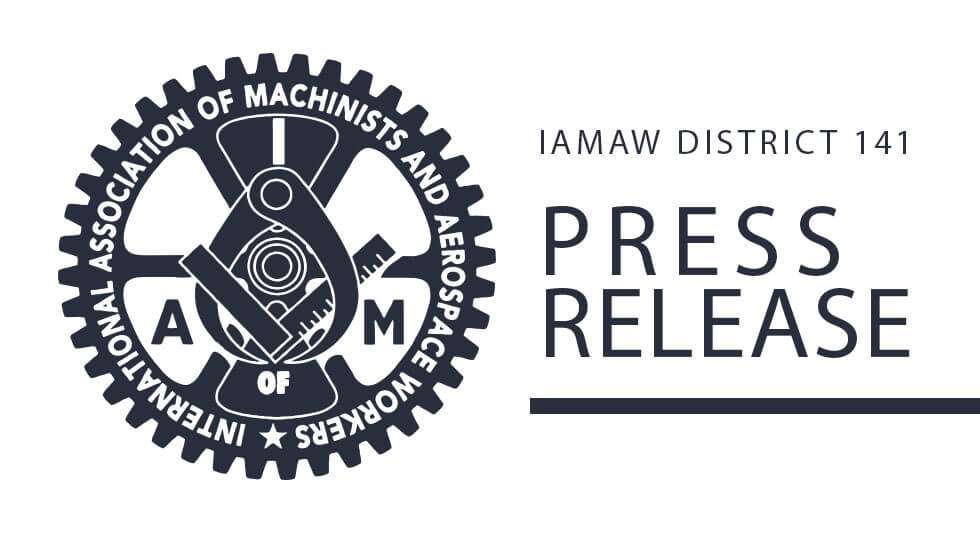
by Eric Price | Dec 16, 2022 | Front Page, JetBlue, Organizing, Page Five, Page Four, Page Three, Perusals, Row 2
Southwest Airlines IAM Members Vote In Industry Leading Contract; Top Out Pay Rate $35 per Hour Justice at JetBlue16 December 2022 IAM members at Southwest Airlines voted yesterday to approve an industry-leading contract. The four-year contract provides for the below...

by Eric Price | Dec 15, 2022 | Front Page, Page Five, Page Four, Page Two, Perusals, Row 2, Safety, Uncategorized, Video
VIDEO OF HORROR ACCIDENT AT DELTA: Latest Information Safety15 December 2022 Camdyn Harris, an Atlanta-based Fleet Service Worker at Delta Air Lines who was struck and crushed by a passing lav truck while guiding an aircraft into her gate, is alive and, while severely...

by Eric Price | Dec 14, 2022 | Front Page, JetBlue, Page Five, Page Three, Perusals, Row 2, Uncategorized
JetBlue CEO Robin Hayes Extends his Contract Justice at JetBlue14 December 2022 In a Securities and Exchange Commission (SEC) filing yesterday, JetBlue Airways announced that CEO Robin Hayes’ CONTRACT has been extended two years to 2025. At the same time, JetBlue...

by Eric Price | Dec 7, 2022 | Front Page, Page Four, Page Two, Perusals, Row 2, Uncategorized
Union members at United Airlines turn their backs on Scott Kirby at the airlines’ board meeting in Houston. Union Alliance Forged at United Union Alliance Forged at United IAM141.org7 December 2022 Over three hundred United Airlines pilots, fleet and customer...

by Eric Price | Dec 3, 2022 | Front Page, Organizing, Page Five, Page Three, Perusals, Row 2, Uncategorized, United
No Thanks, No Giving 3 December 2022 IAM District 141 and United Airlines management met in Orlando, Florida, this week and continued contract negotiations. Both parties remain very far apart on the most vital issues: job security and wages. United management’s...

by Eric Price | Nov 29, 2022 | Front Page, JetBlue, Organizing, Page Four, Perusals, Row 2
JetBlue Ground Workers to Vote for Machinists Union Justice at JetBlueFOR IMMEDIATE RELEASE November 29, 2022, WASHINGTON DC—The International Association of Machinists and Aerospace Workers (IAM) today announced that the National Mediation Board (NMB), the federal...







